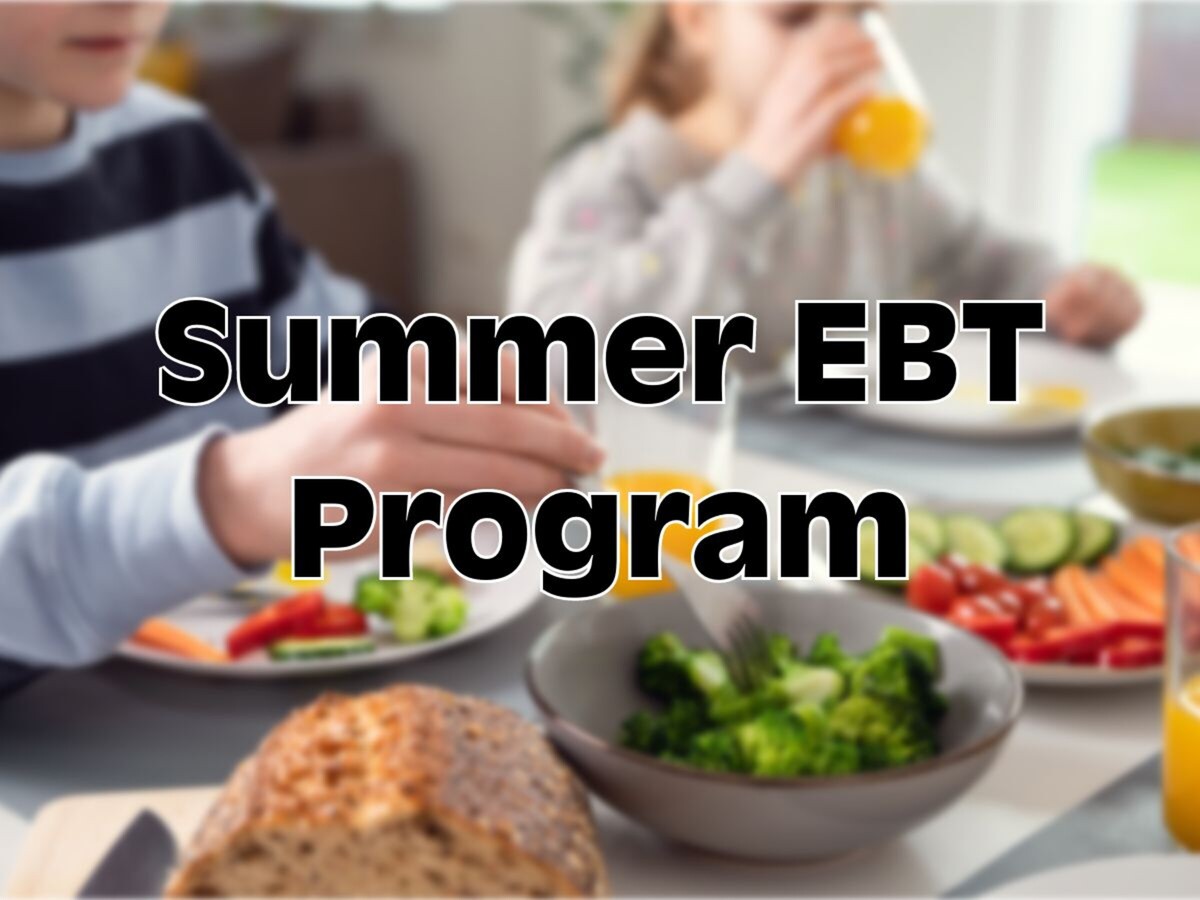New Jersey Launches Summer EBT Program to Combat Child Hunger, $120 per child
$120 Benefit Per Child to Support Families with Food Purchases During Summer Months
TRENTON, N.J. – The New Jersey Department of Agriculture announced today a groundbreaking initiative to ensure children and families across the state have sufficient access to nutritious food during the summer. As part of a nationwide effort led by the USDA, New Jersey joins 35 states in the launch of the Summer Electronic Benefit Transfer (Summer EBT) program for 2024. This program aims to bridge the gap in food security experienced during the summer break when school lunch programs are on hiatus.
Assistant Secretary of Agriculture Joe Atchison III highlighted the significance of this new benefit, stating, “No child or family should have to worry about where their next meal is coming from. This is an important step in bridging food security gaps for all New Jersey families.” Each eligible child will receive $120 to spend on groceries at participating stores and markets, mirroring the functionality of SNAP benefits.
With over 500,000 children in New Jersey expected to qualify, the program represents a nearly $65 million federal investment in the state’s food security. The Summer EBT initiative is supported by Federal and State funds, with additional contributions from the New Jersey Food Security Initiative (NJFSI) through partnerships with the Food Research and Action Center (FRAC) and the Robert Wood Johnson Foundation.
Mark Dinglasan, Director of the New Jersey Office of the Food Security Advocate, and Sarah Adelman, Human Services Commissioner, both emphasized the importance of addressing nutritional needs and health outcomes for vulnerable families. “This administration continues to prioritize food security for all because regular access to healthy foods means healthier people and communities,” Adelman noted.
Eligibility for the Summer EBT benefits will be determined through school districts participating in the National School Breakfast and Lunch Programs. Criteria include income thresholds for federal free and reduced-price meals and automatic eligibility for students enrolled in SNAP, TANF, or foster care.
The program is a direct response to the challenges of food insecurity among children during the summer months, building on the success of similar initiatives during the COVID-19 Public Health Emergency. Rigorous evaluations have shown that providing Summer EBT cards can significantly reduce child hunger and improve dietary quality by increasing the intake of fruits, vegetables, and whole grains.
For more information on eligibility and application processes, families are encouraged to visit the newly established Summer EBT website at: https://www.nj.gov/summerebt/. This initiative is part of a broader commitment by the USDA and participating states to extend food security benefits to approximately 21 million children in 2024, making a substantial impact on reducing child hunger across the country.















